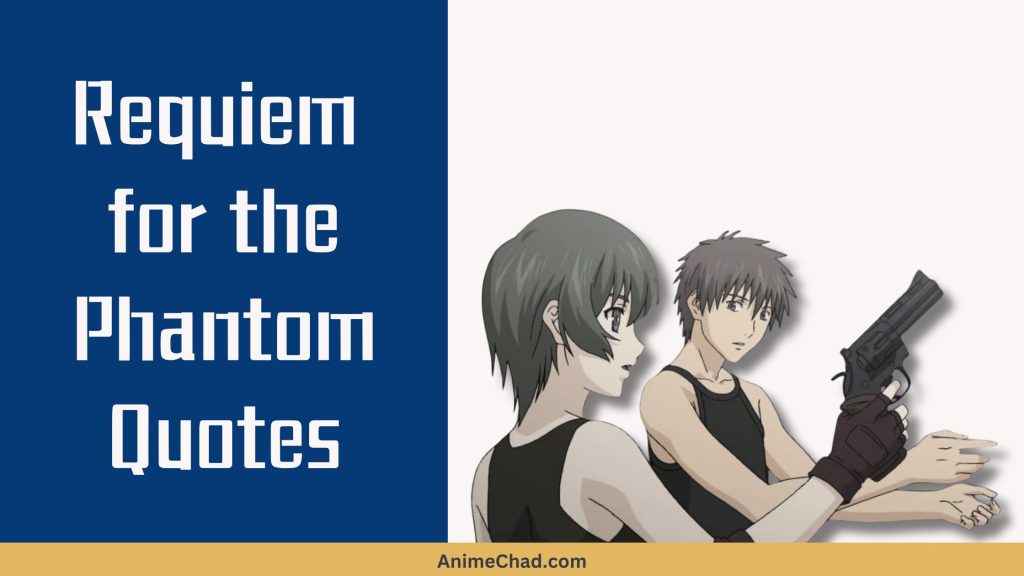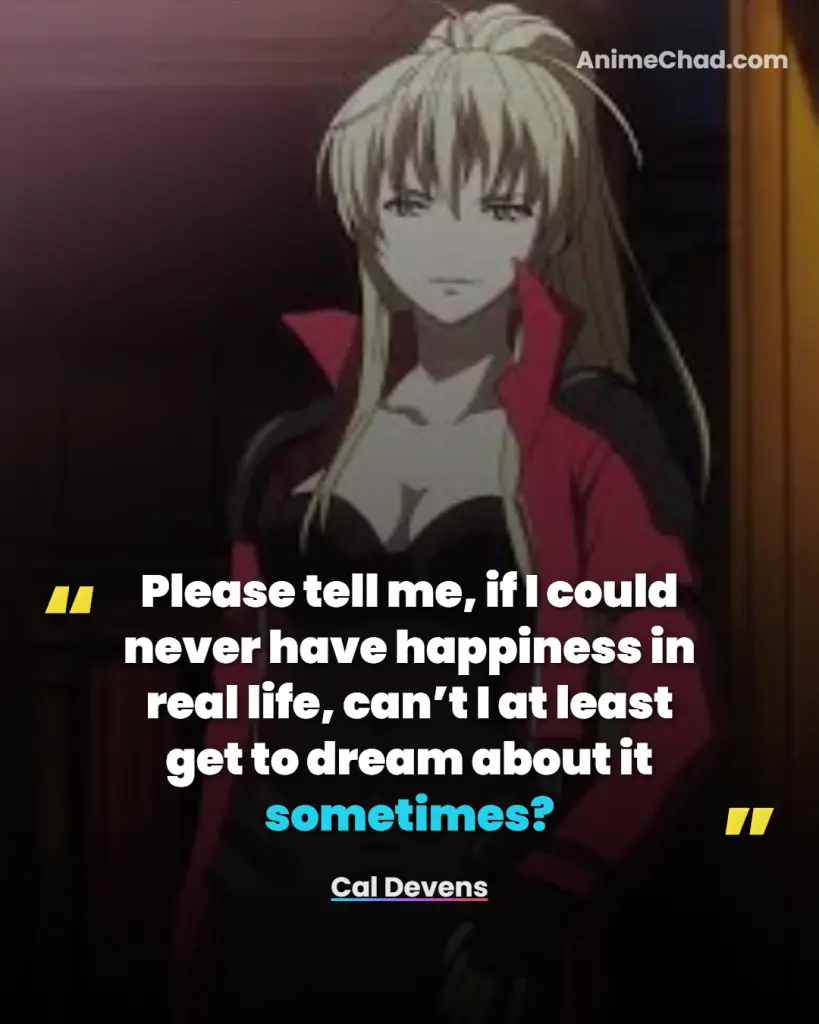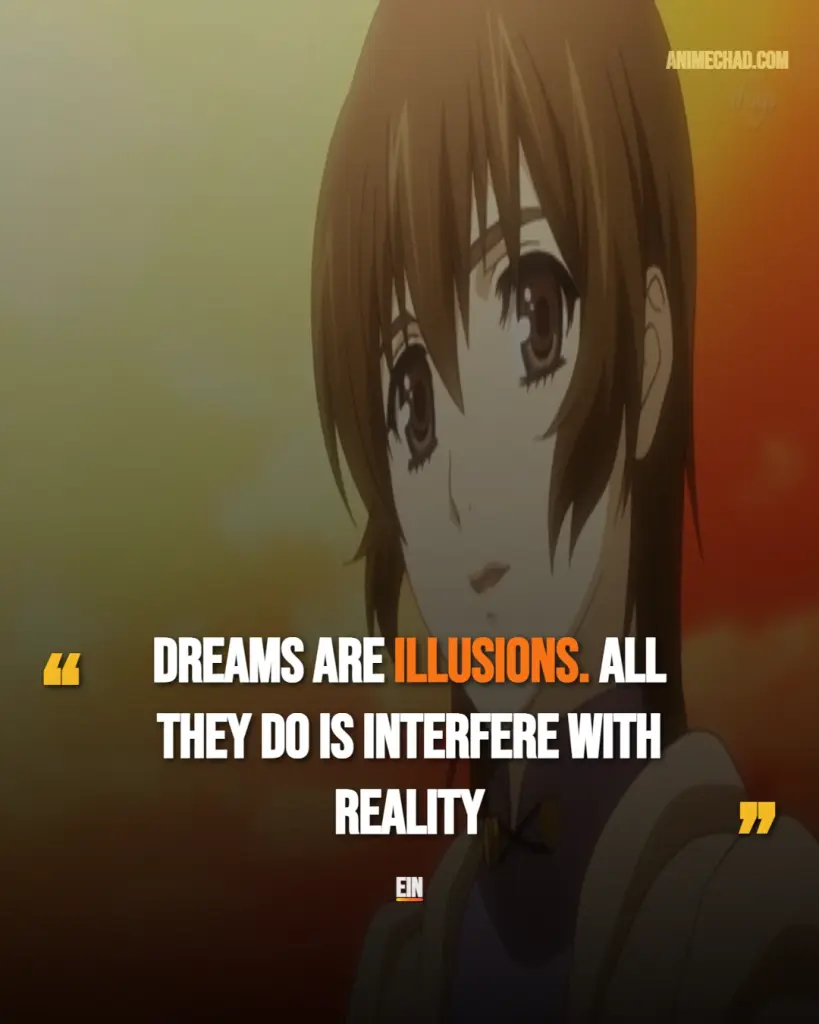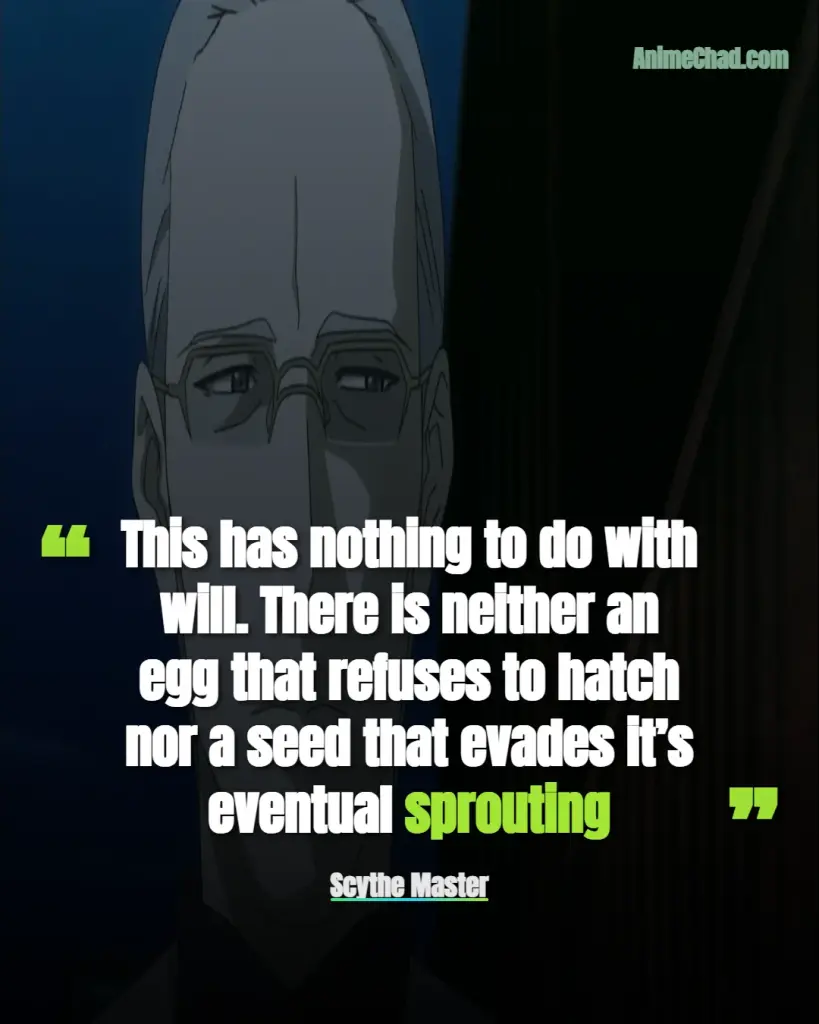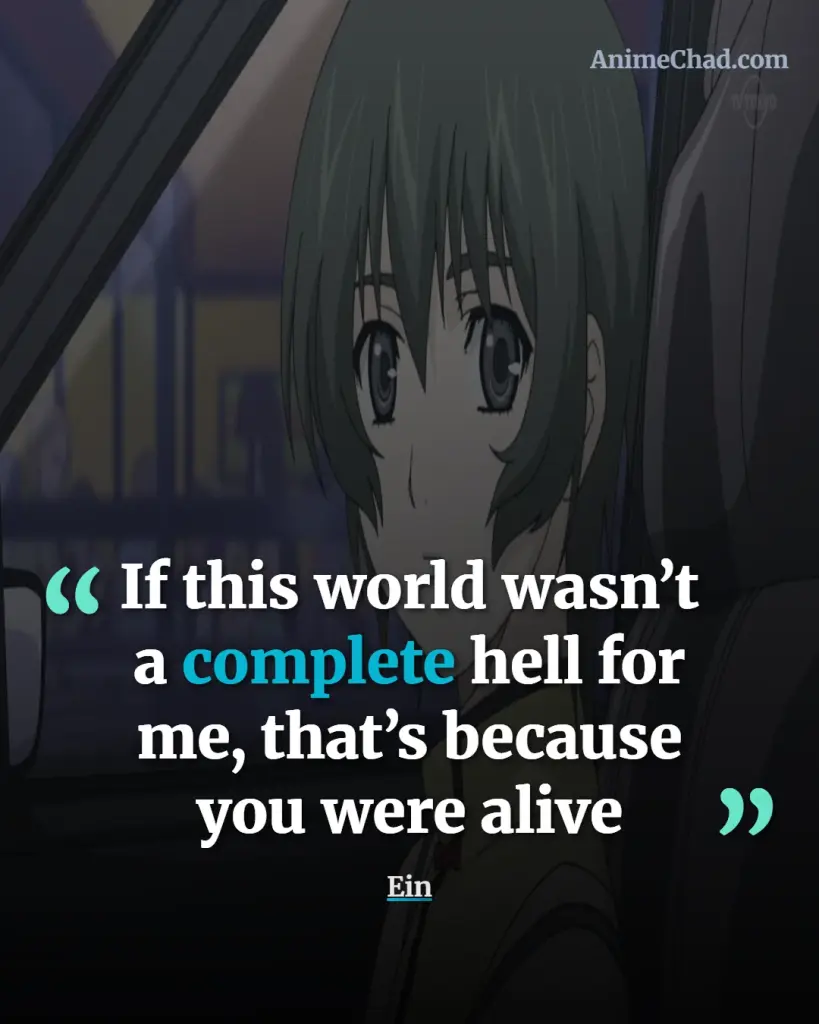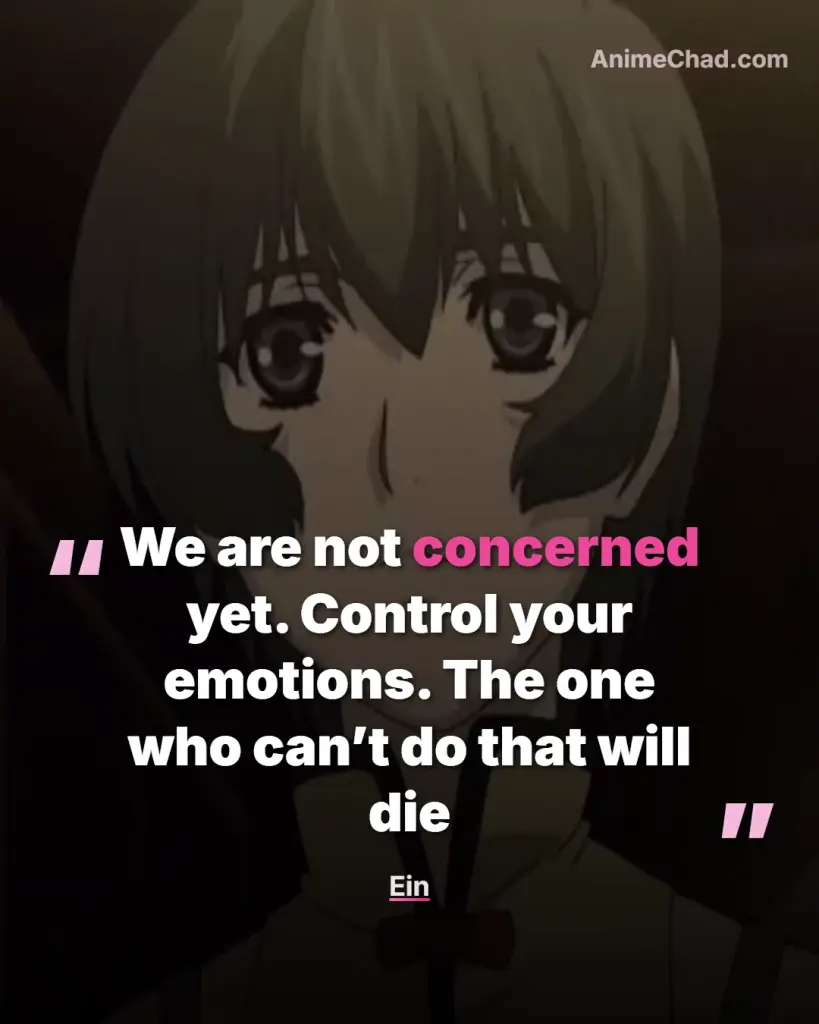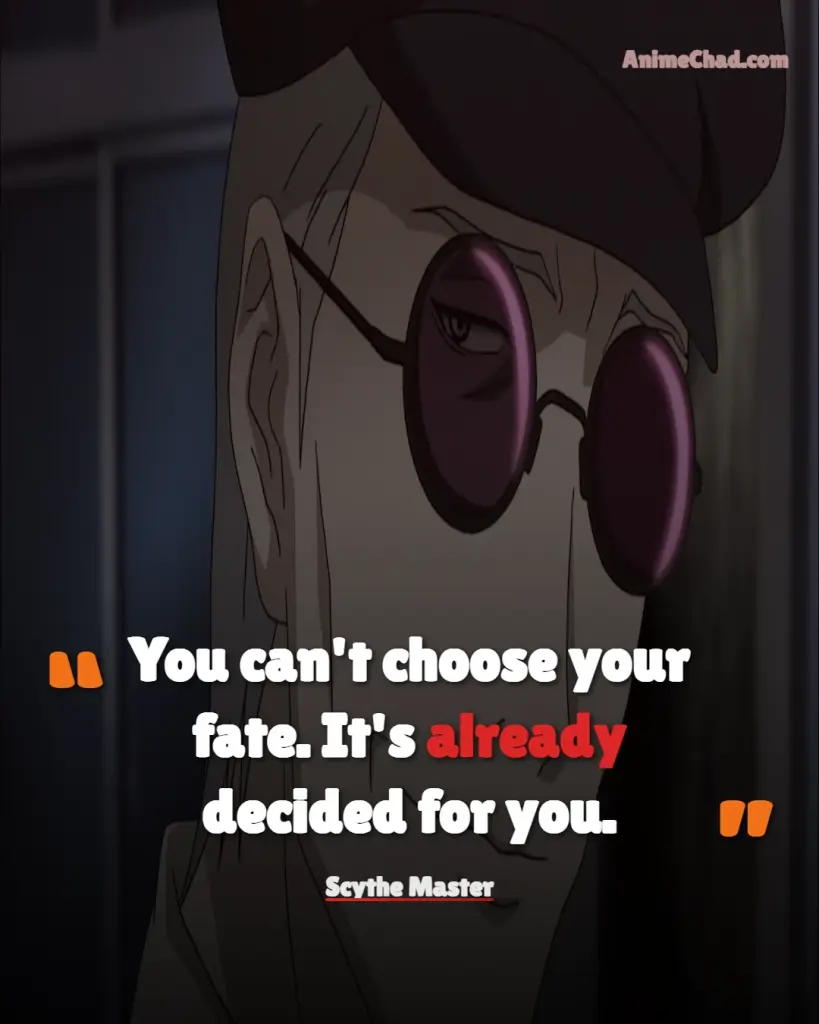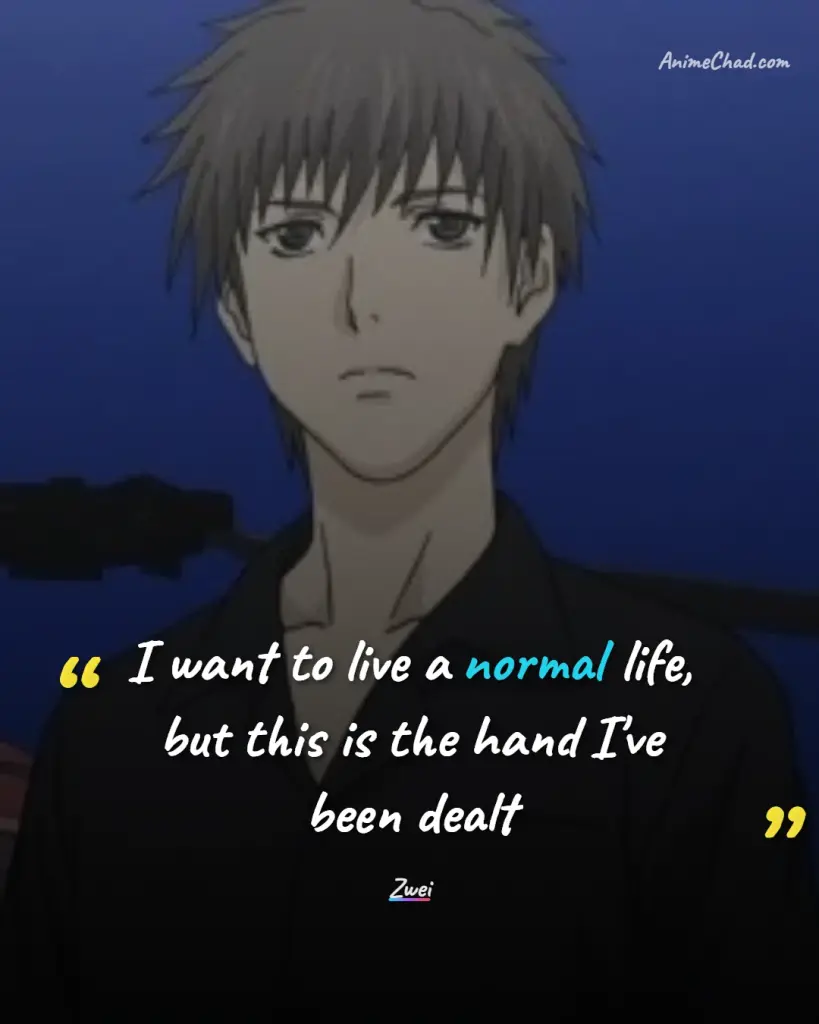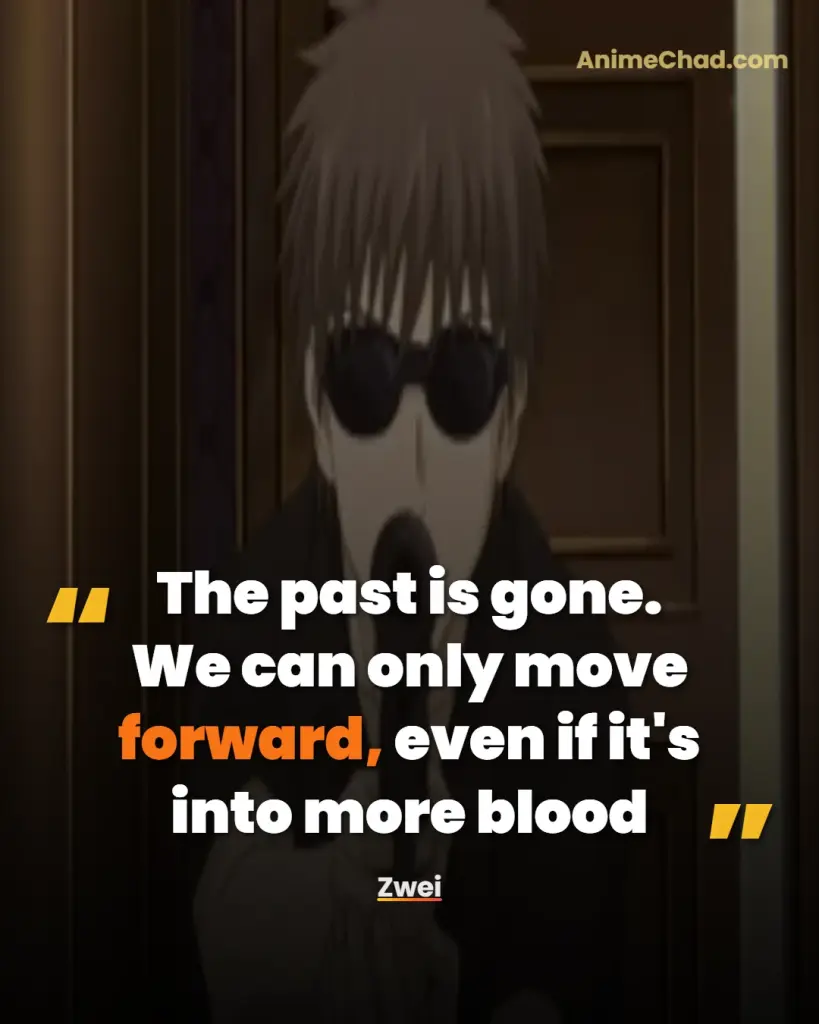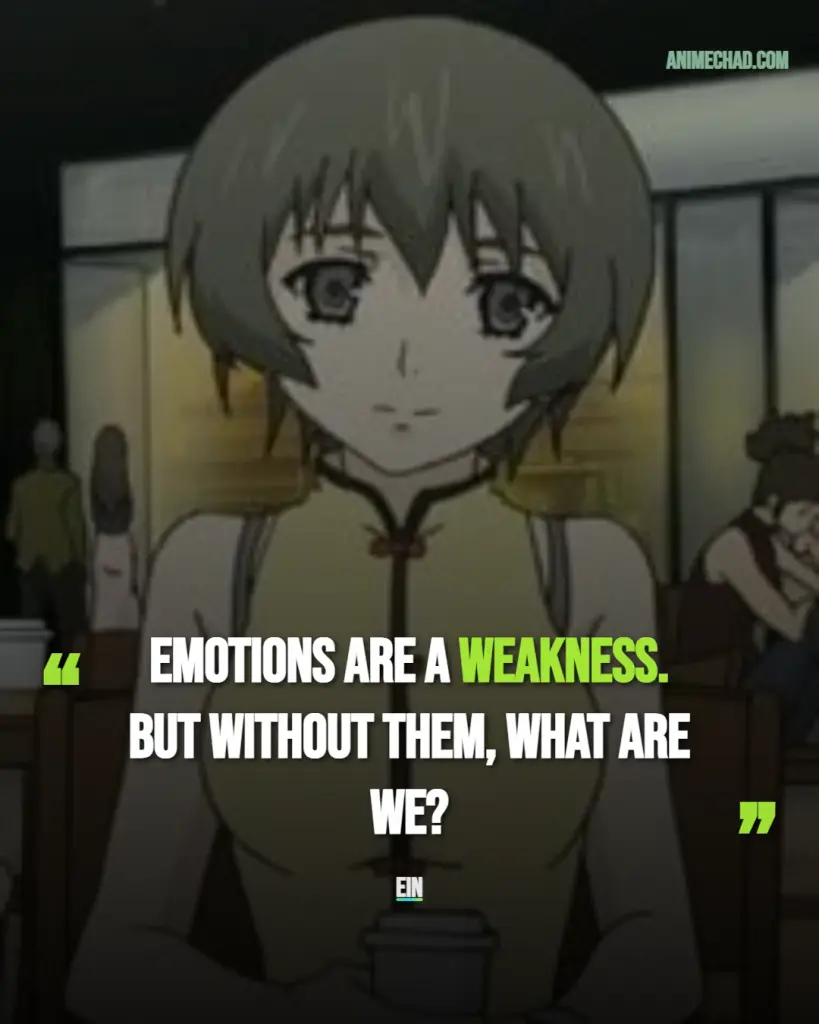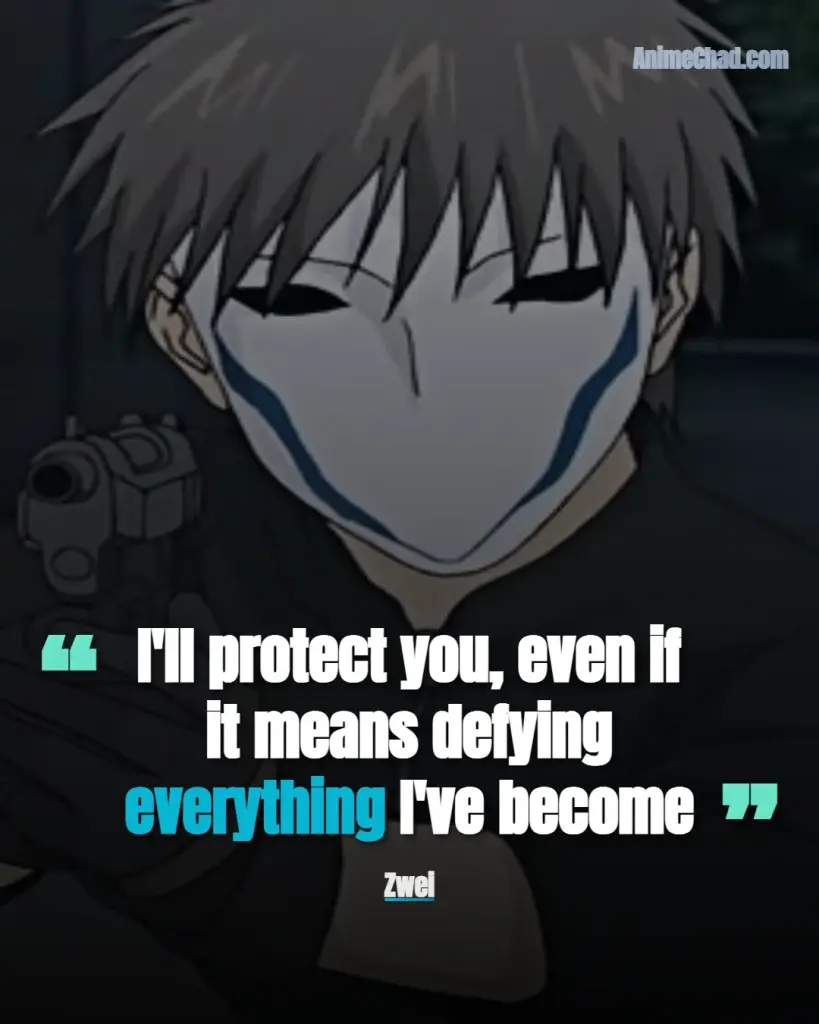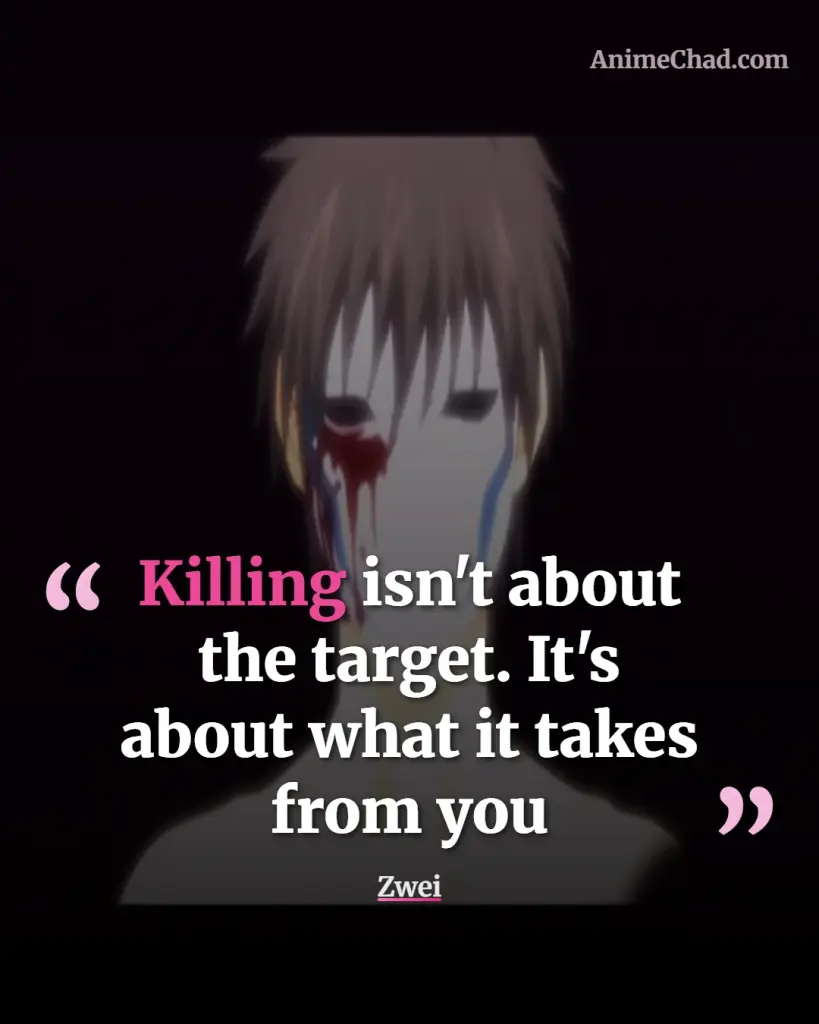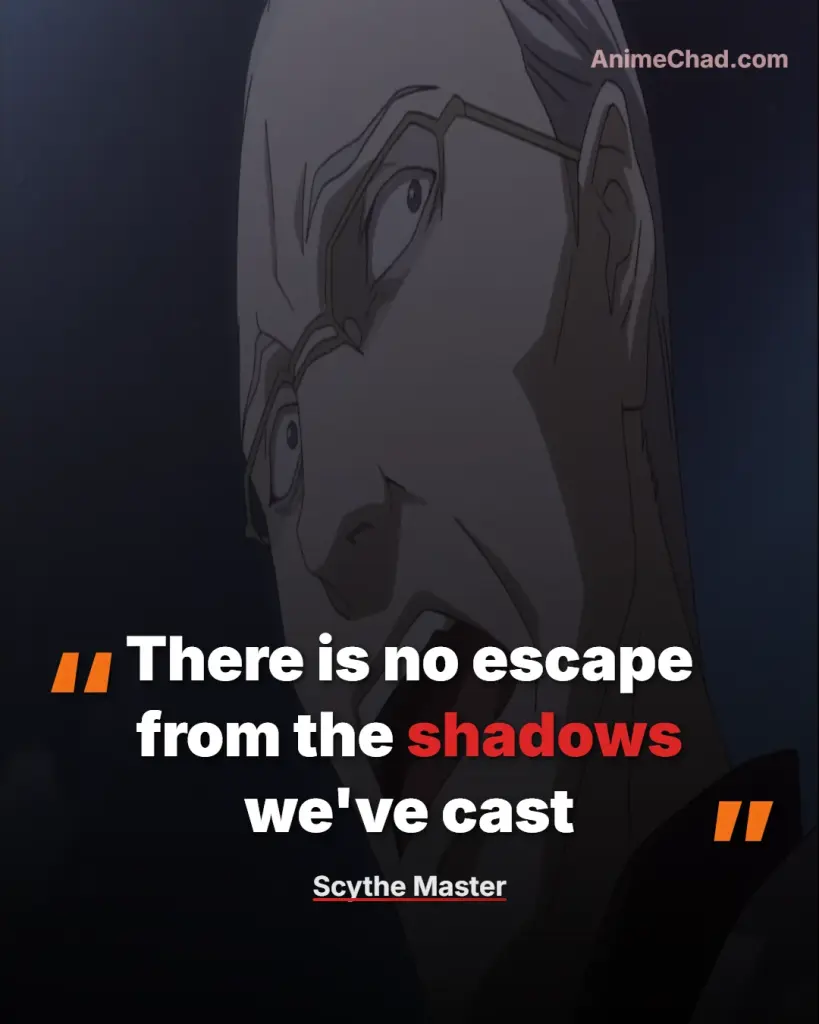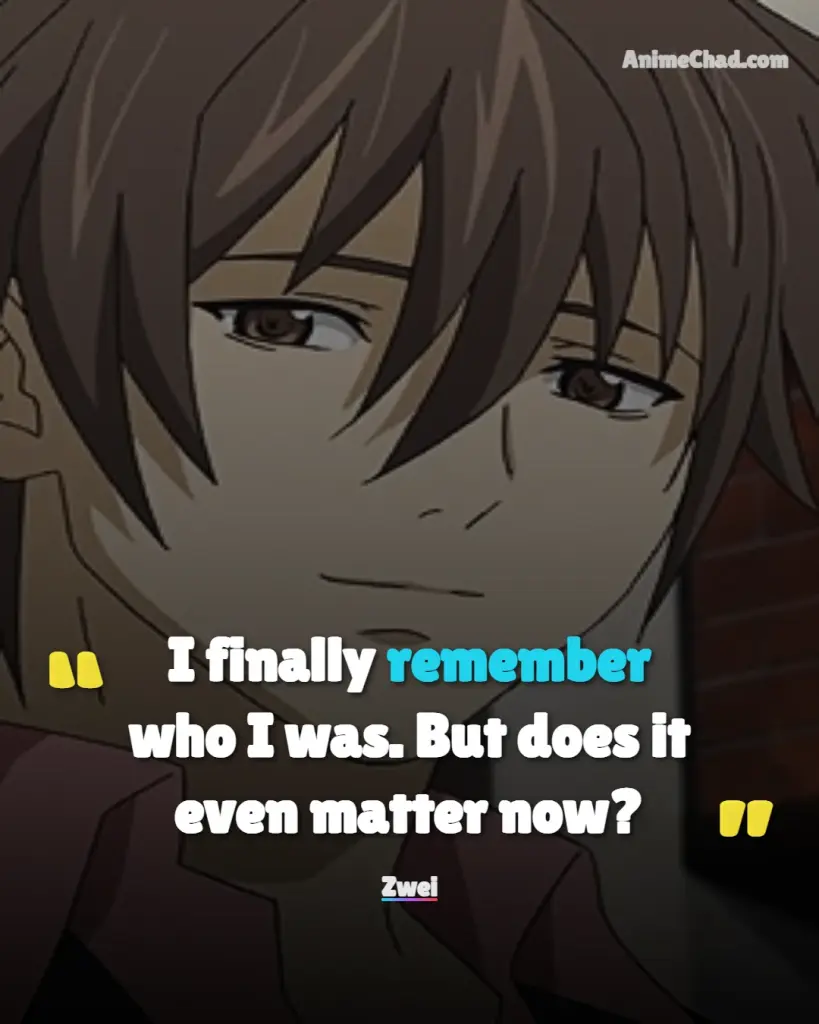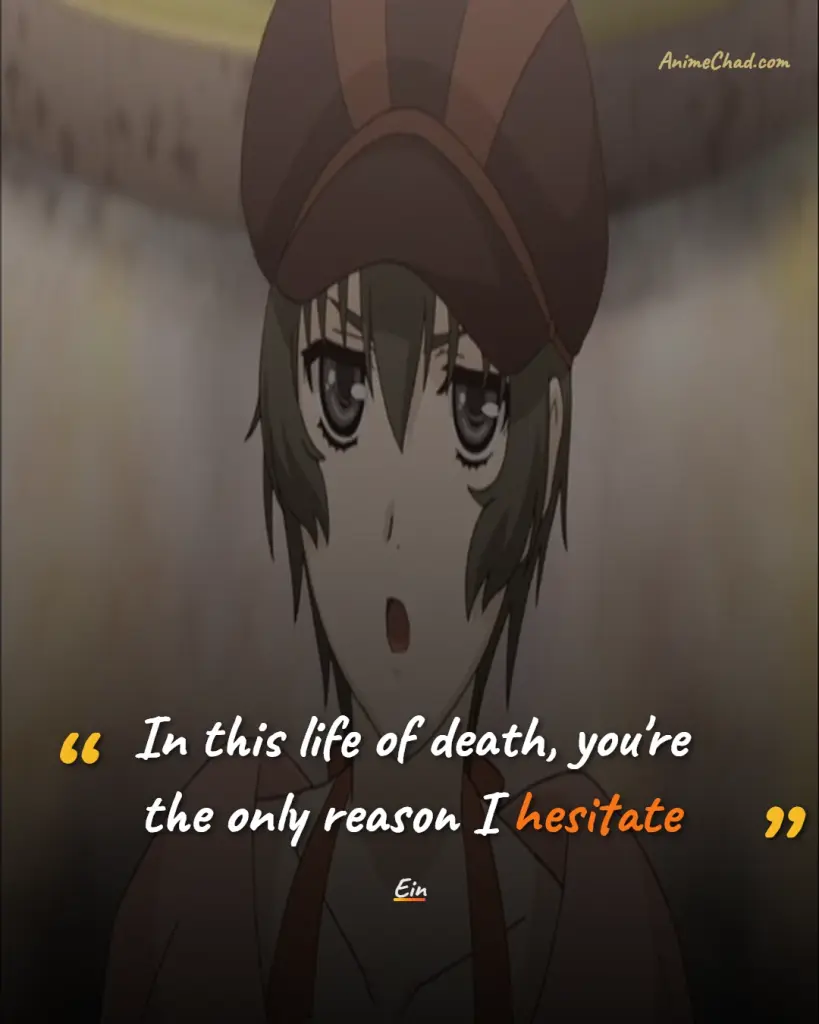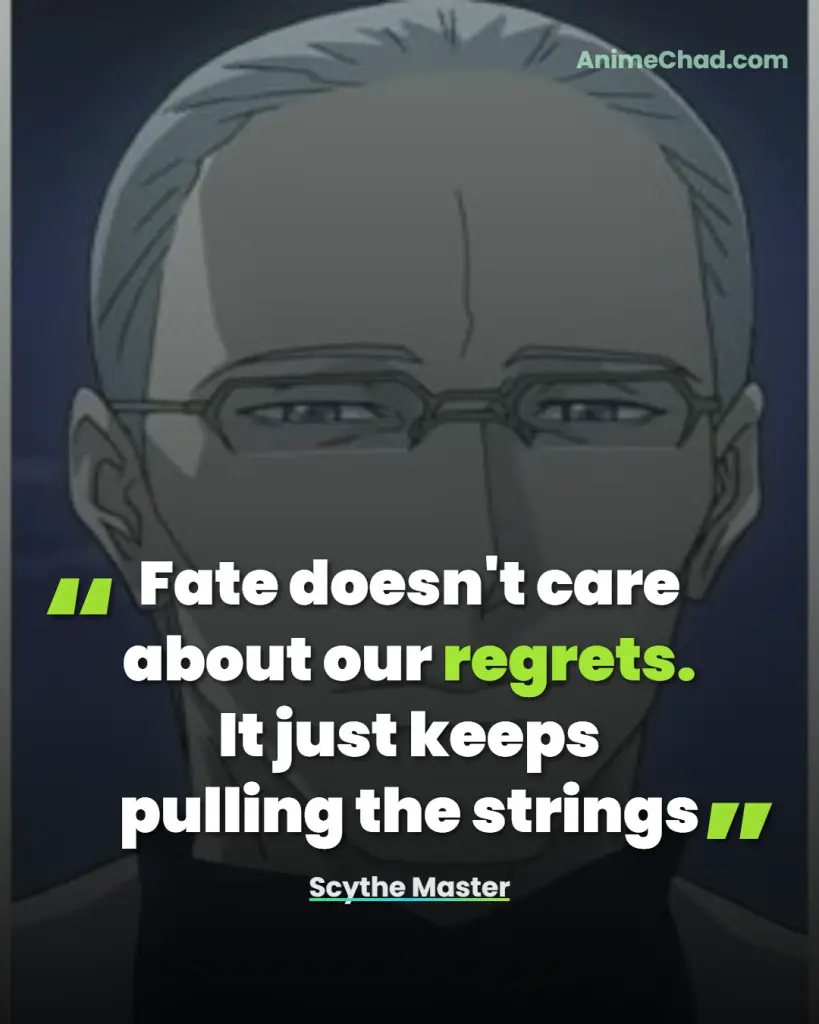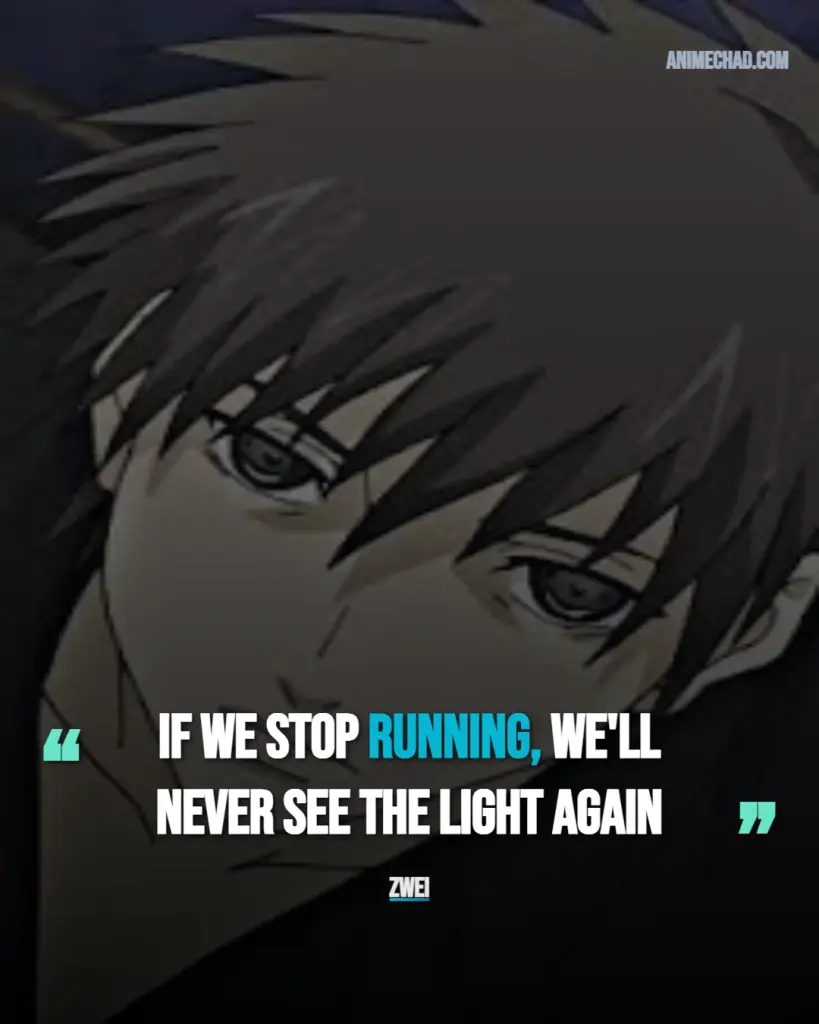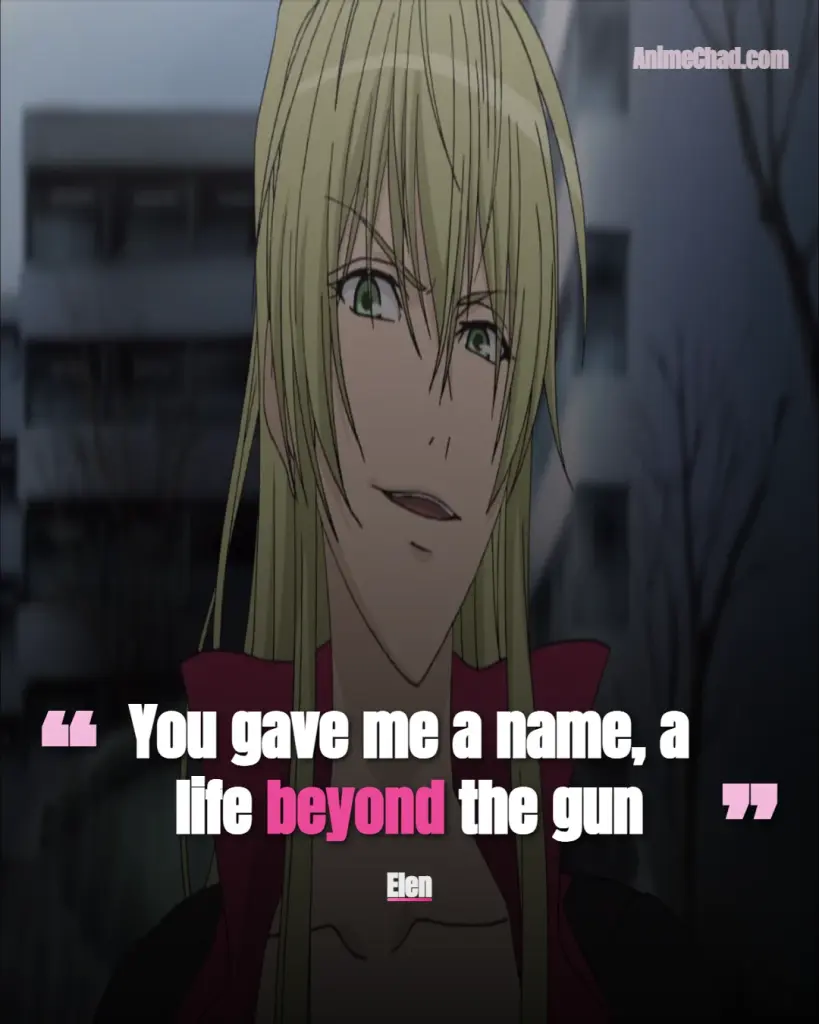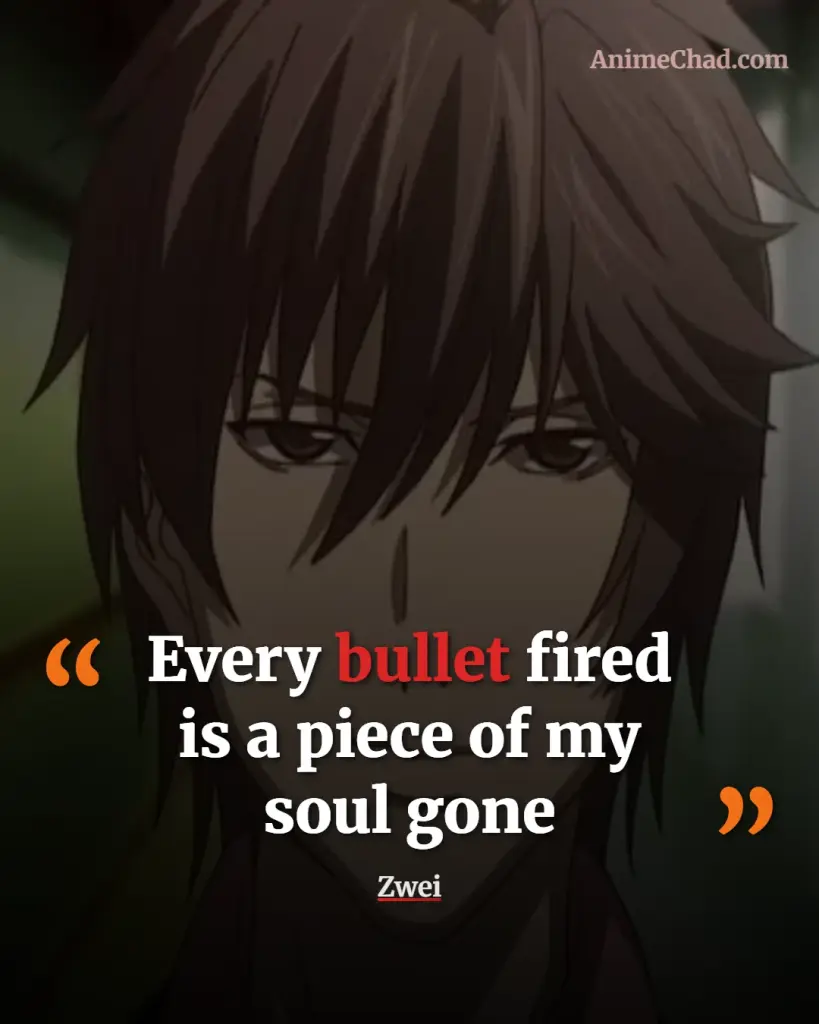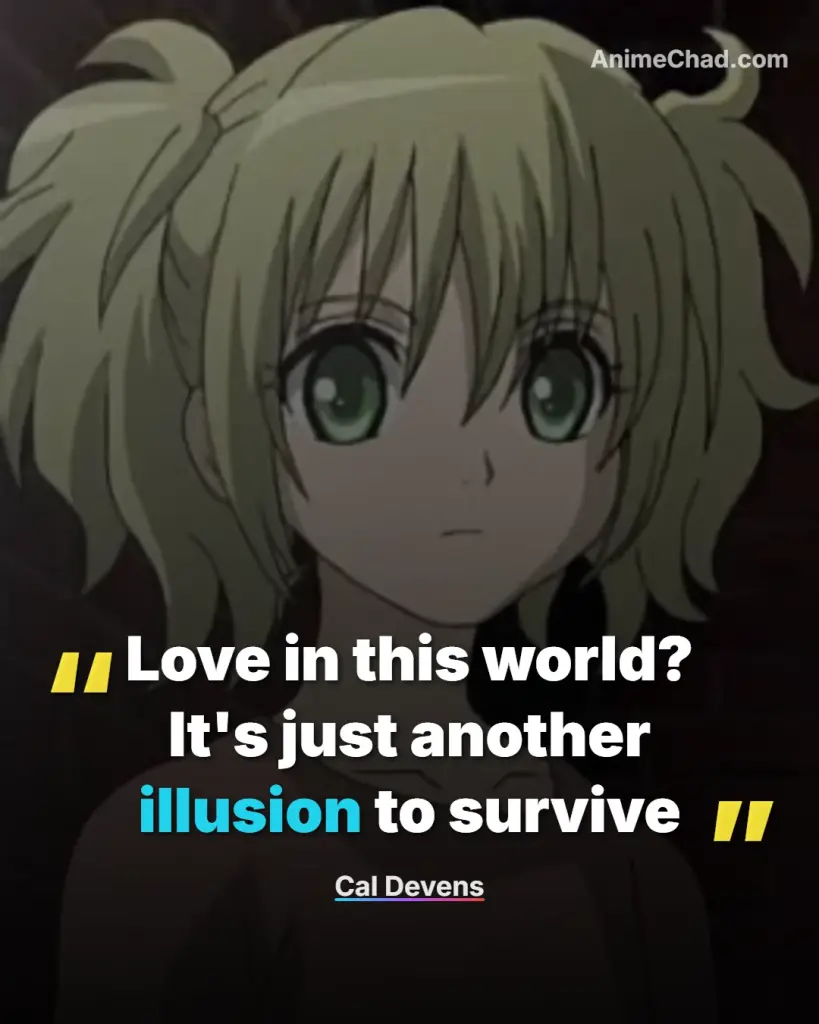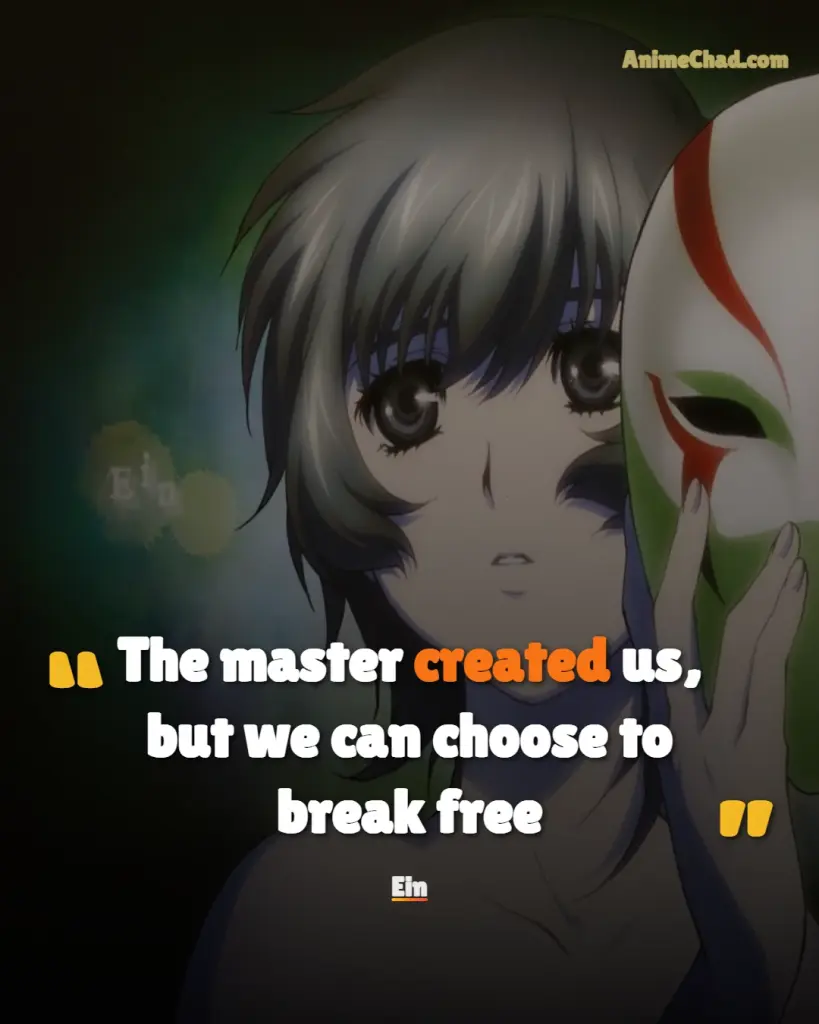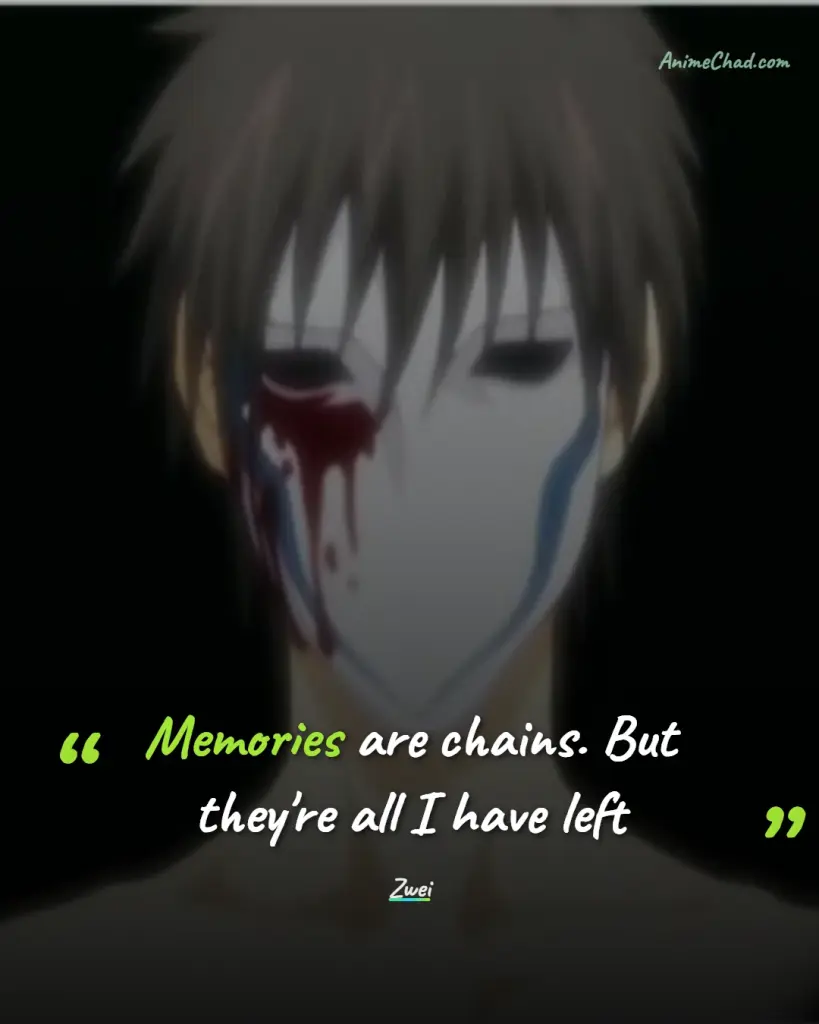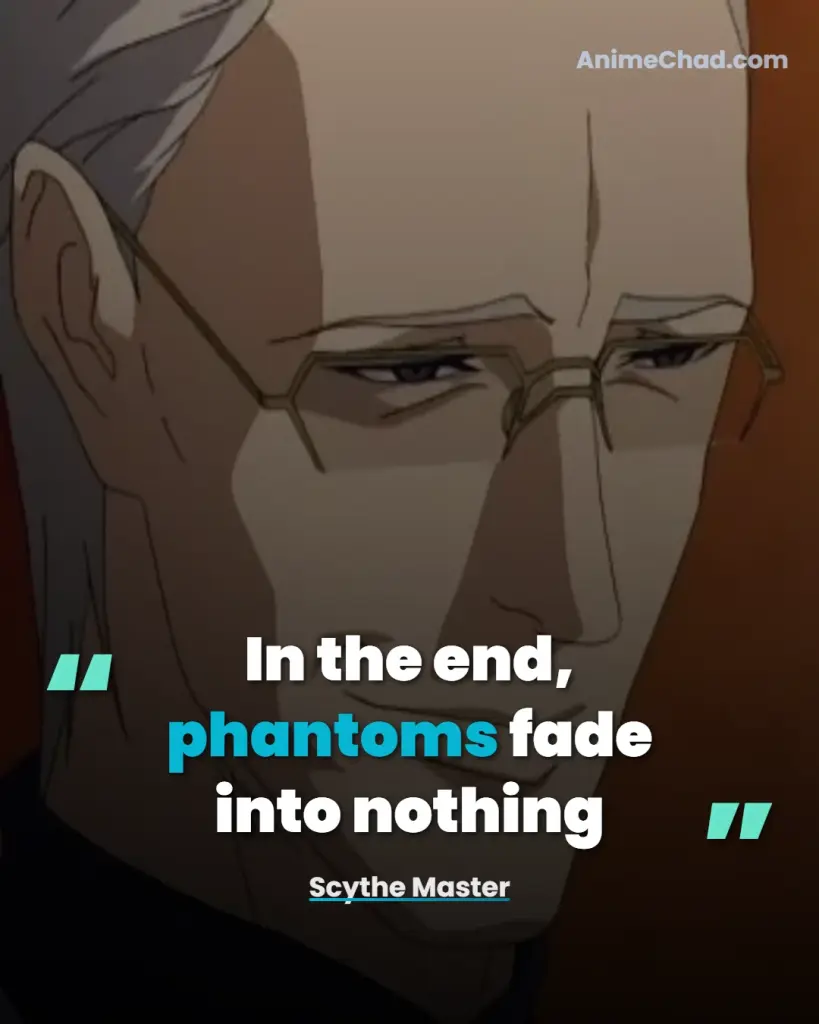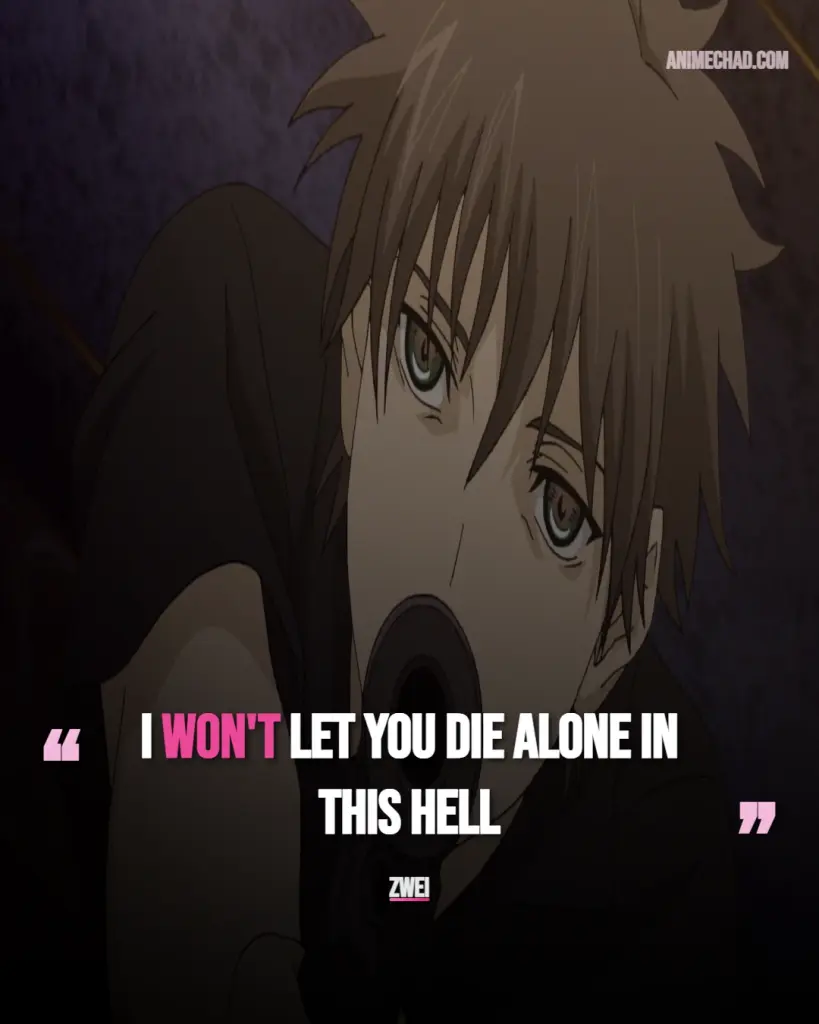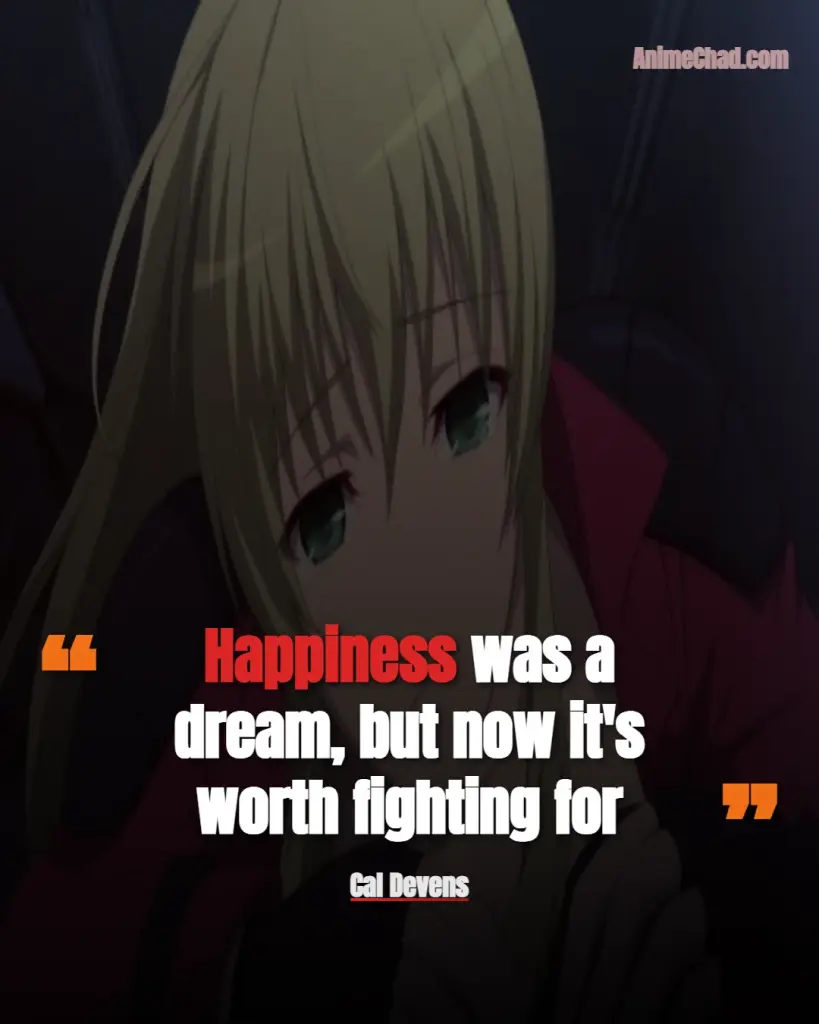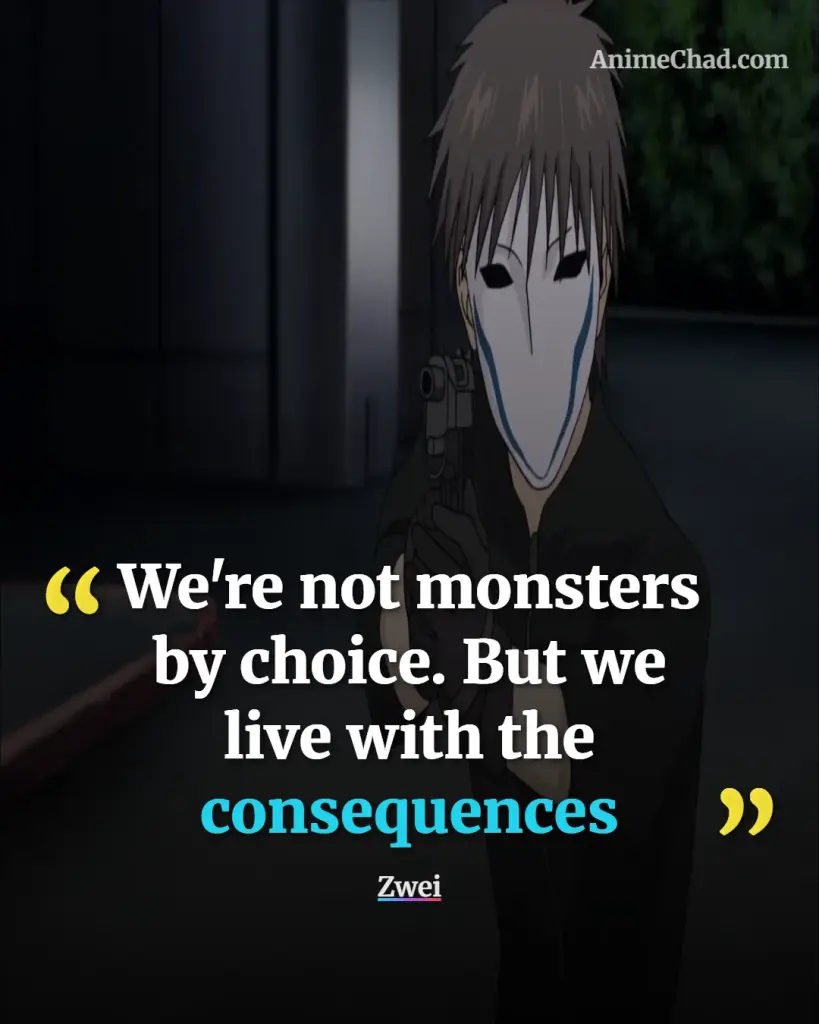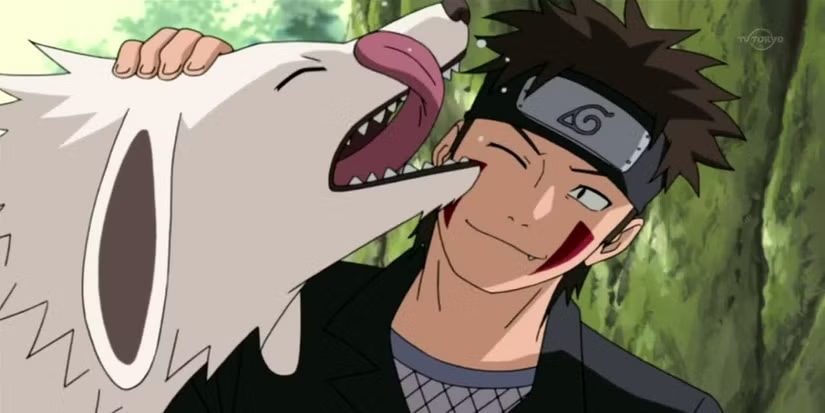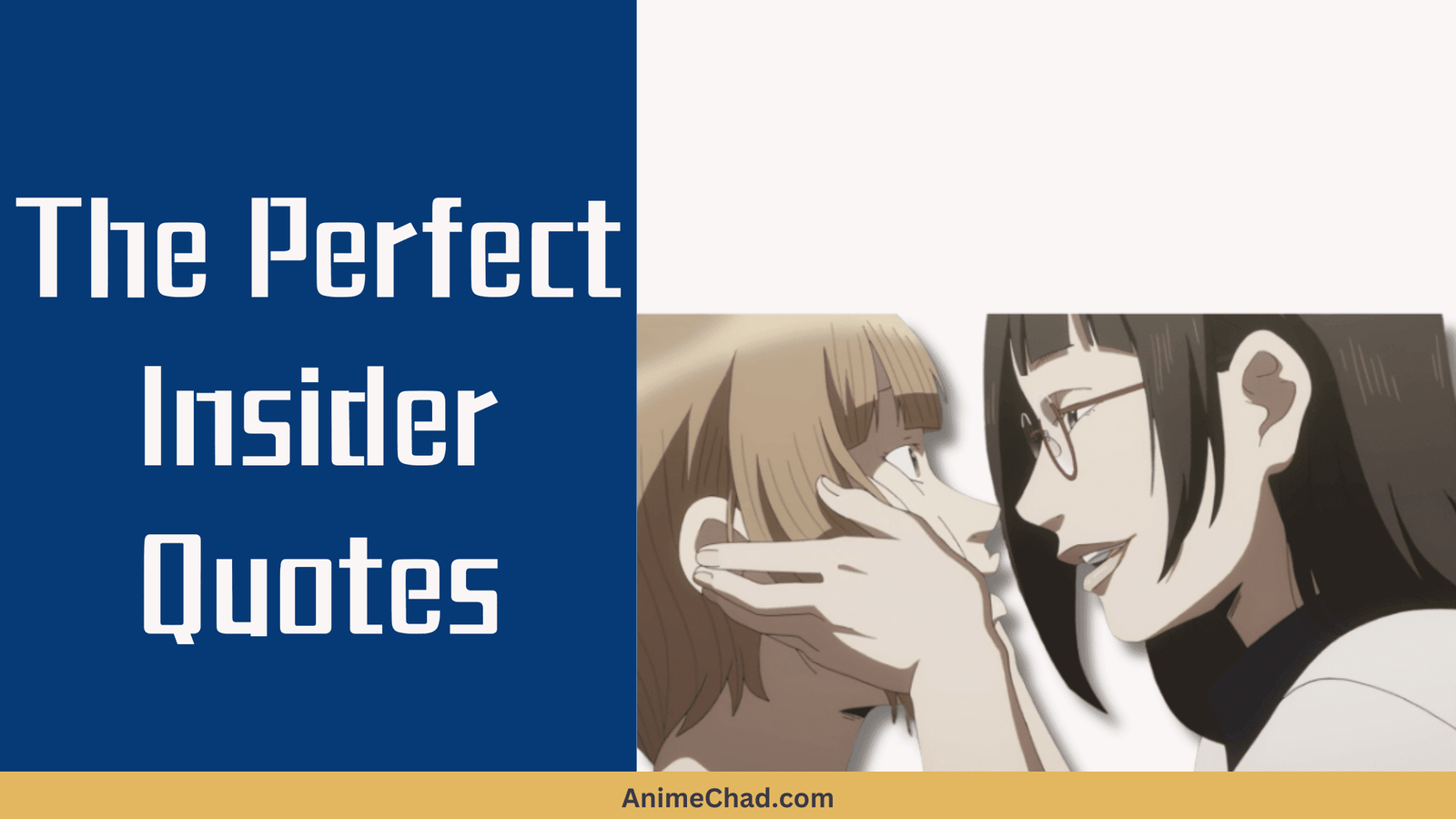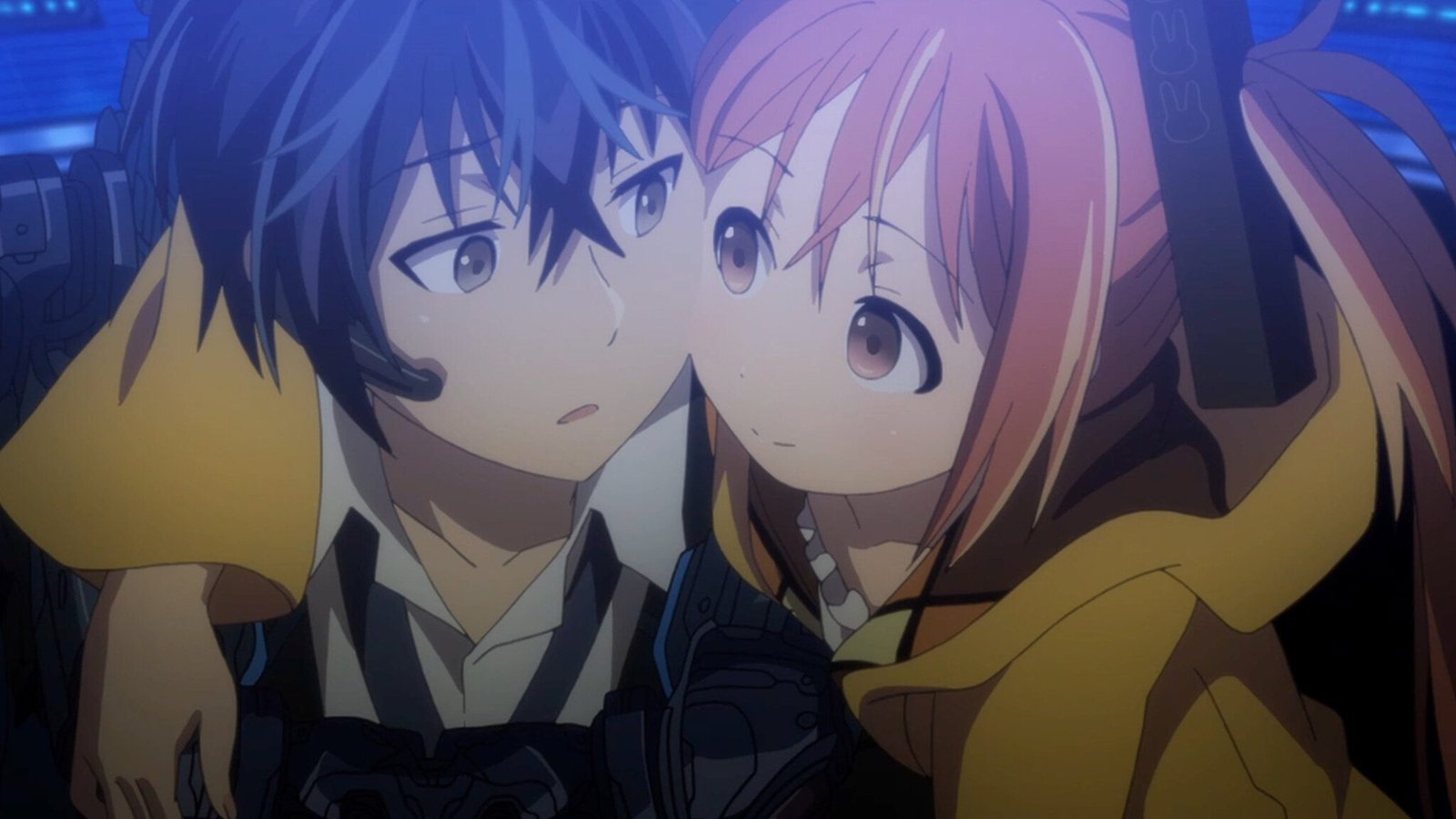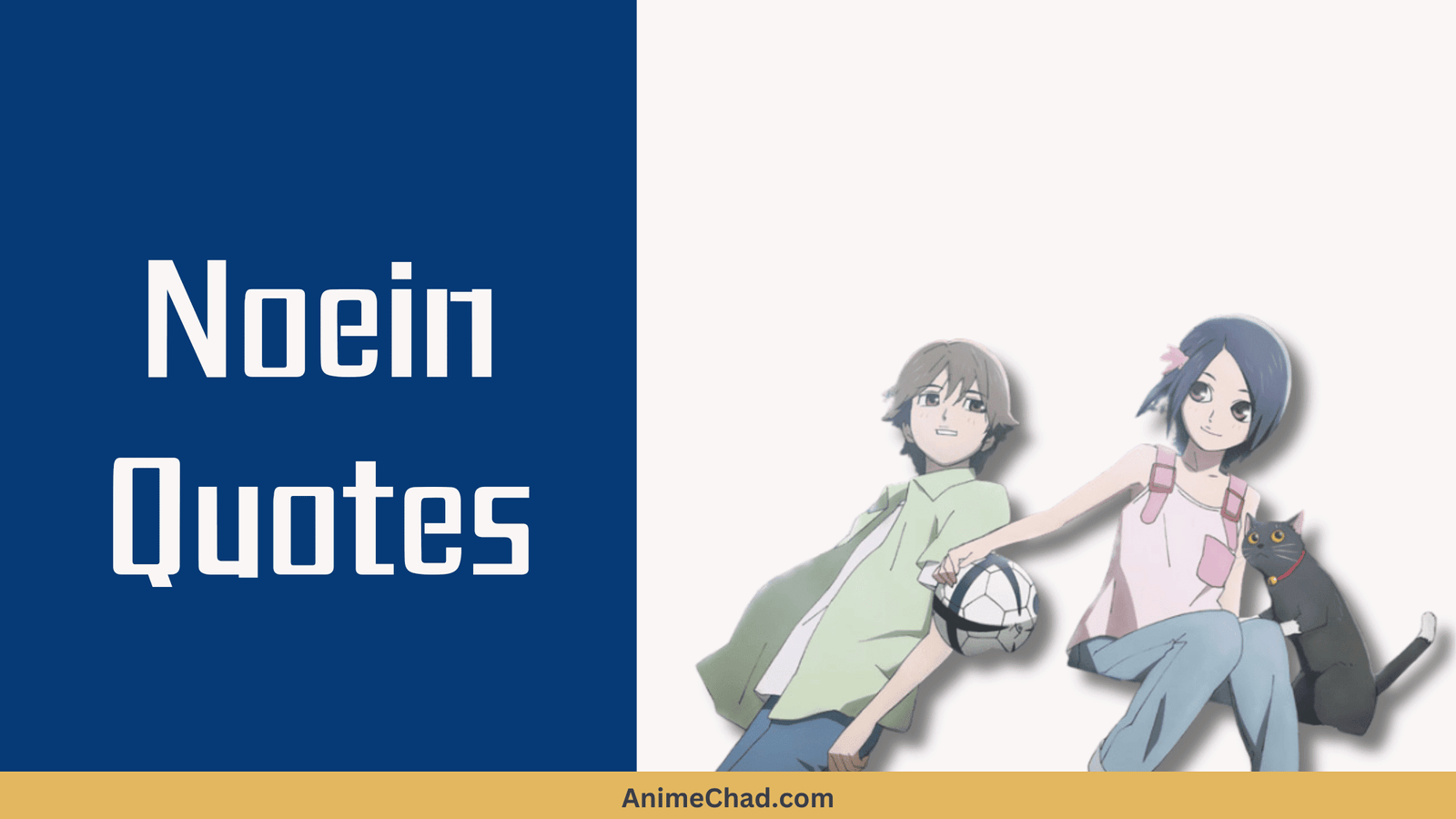Requiem for the Phantom follows Zwei, a Japanese tourist brainwashed into becoming a elite assassin for the shadowy Inferno organization, and his partner Ein, as they navigate a life of killing across America and Japan. The series delves into profound themes of lost identity, inescapable fate, the dehumanizing cost of violence, and fleeting glimmers of humanity and love amid despair.
This curated collection of 25 quotes highlights pivotal moments of character growth, emotional turmoil, and thematic depth, drawing from key arcs like training, missions, and personal redemption.
Please tell me, if I could never have happiness in real life, can’t I at least get to dream about it sometimes?
Episode 1 (Travel)
Cal Devens
In a peaceful interlude before tragedy, Cal’s longing reveals her innocent vulnerability, foreshadowing the theme of dreams as a fragile escape from a violent world.
Dreams are illusions. All they do is interfere with reality
Episode 3 (Man of Destiny)
Ein
Ein’s cold dismissal during a training session underscores her emotional suppression as a survival tool, highlighting the assassins’ battle against their own suppressed desires.
This has nothing to do with will. There is neither an egg that refuses to hatch nor a seed that evades it’s eventual sprouting
Episode 2 (The Cage)
Scythe Master
Scythe Master’s philosophical admonition to Zwei emphasizes inescapable destiny, marking Zwei’s early character arc from resistance to reluctant acceptance of his assassin role.
If this world wasn’t a complete hell for me, that’s because you were alive
Episode 12 (Life and Death)
Ein
In a rare moment of vulnerability after a intense mission, Ein confesses to Zwei, showing her budding humanity and the theme of companionship as a light in darkness.
We are not concerned yet. Control your emotions. The one who can’t do that will die
Episode 4 (Assassins)
Ein
During a high-stakes battle preparation, Ein’s warning reinforces the series’ core theme of emotional detachment as essential for survival, pushing Zwei’s development toward cold precision.
You can’t choose your fate. It’s already decided for you
Episode 6 (Encounter)
Scythe Master
Scythe Master lectures Zwei post-mission, deepening the exploration of predestined violence and Zwei’s internal conflict over reclaiming agency in the Inferno arc.
I want to live a normal life, but this is the hand I’ve been dealt
Episode 8 (Girl)
Zwei
In a quiet reflection after protecting Cal, Zwei voices his yearning for normalcy, a pivotal step in his character growth amid the peaceful Japan arc’s illusions.
The past is gone. We can only move forward, even if it’s into more blood
Episode 10 (Man of Destiny Revisited)
Zwei
Zwei confides in Ein during a stakeout, connecting his memory recovery to the theme of irreversible trauma, blending battle tension with personal reckoning.
Emotions are a weakness. But without them, what are we?
Episode 14 (Kanshi)
Ein
Ein questions herself after a betrayal in the Inferno internal conflict arc, revealing cracks in her facade and advancing her arc toward emotional awakening.
I’ll protect you, even if it means defying everything I’ve become
Episode 15 (Saikai)
Zwei
In a reunion fraught with danger, Zwei pledges to Cal, showcasing his evolution from tool to protector and the theme of love challenging fate’s grip.
Killing isn’t about the target. It’s about what it takes from you
Episode 17 (Shinsô)
Zwei
Post-assassination in the Godo clan arc, Zwei reflects on the toll of violence, highlighting character development through moral erosion and thematic loss of self.
There is no escape from the shadows we’ve cast
Episode 19 (Eren)
Scythe Master
Scythe Master taunts Ein in a confrontation, reinforcing the inescapable cycle of vengeance and the series’ motif of phantoms haunted by their past deeds.
I finally remember who I was. But does it even matter now?
Episode 20 (Man)
Zwei
Zwei grapples with recovered memories in a peaceful moment, underscoring identity themes and his growth from amnesiac killer to self-aware fugitive.
In this life of death, you’re the only reason I hesitate
Episode 22 (Life or Death)
Ein
Ein admits to Zwei before a risky escape, blending romantic tension with the arc’s battle against Inferno, showing her shift from puppet to feeling individual.
Fate doesn’t care about our regrets. It just keeps pulling the strings
Episode 5 (Phantom)
Scythe Master
During Zwei’s initiation battle, this line cements the theme of puppetry, marking his early submission and the emotional weight of lost free will.
If we stop running, we’ll never see the light again
Episode 24 (Reunion)
Zwei
In a tense flight from pursuers, Zwei urges Elen onward, symbolizing their joint character arc toward redemption and the fragile hope amid pursuit.
You gave me a name, a life beyond the gun
Episode 25 (Phantom)
Elen (formerly Ein)
Elen thanks Zwei in their final peaceful reflection, connecting to themes of rebirth and her profound development from emotionless killer to human.
Every bullet fired is a piece of my soul gone
Episode 7 (Japan)
Zwei
After a hit in Japan, Zwei laments internally, capturing the arc’s mix of cultural normalcy and violence, deepening his internal conflict.
Love in this world? It’s just another illusion to survive
Episode 11 (Confession)
Cal Devens
Cal confronts Zwei about their bond, adding emotional layers to the romance subplot and highlighting the theme of unattainable peace in chaos.
The master created us, but we can choose to break free
Episode 18 (Awakening)
Ein
Ein defies Scythe Master in a climactic battle, pivotal for her independence arc and the series’ exploration of defying engineered destiny.
Memories are chains. But they’re all I have left
Episode 23 (Truth)
Zwei
Zwei shares with Elen during evasion, weaving memory recovery into the theme of haunting pasts, with emotional impact from their shared trauma.
In the end, phantoms fade into nothing
Episode 26 (Requiem)
Scythe Master
Scythe Master’s final gloat ties the climax’s violence to inevitable oblivion, underscoring character arcs’ tragic closure and fate’s dominance.
I won’t let you die alone in this hell
Episode 9 (Two of a Kind)
Zwei
Zwei vows to Ein mid-mission, blending action with partnership themes, showing his protective evolution in the duo’s deepening bond.
Happiness was a dream, but now it’s worth fighting for
Episode 21 (Promise)
Cal Devens
In a heartfelt talk before peril, Cal inspires Zwei, contrasting earlier despair and advancing the theme of fleeting joy in the redemption arc.
We’re not monsters by choice. But we live with the consequences
Episode 16 (Confession)
Zwei
Zwei confronts Claudia in betrayal’s aftermath, highlighting moral ambiguity and his growth toward accountability in the organization’s crumbling facade.

